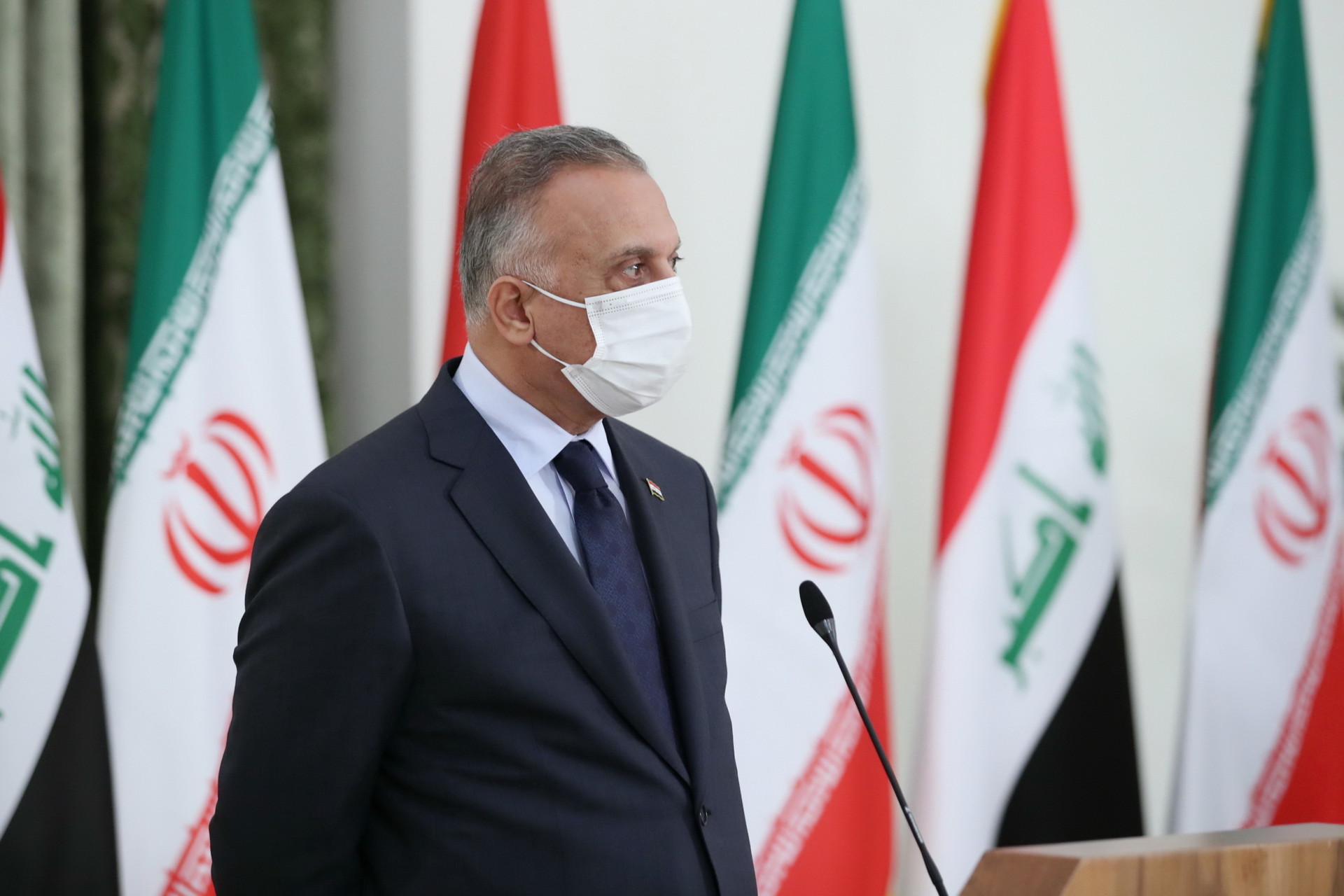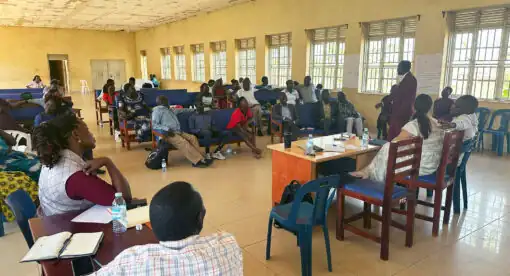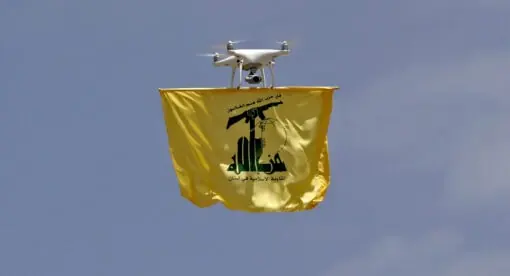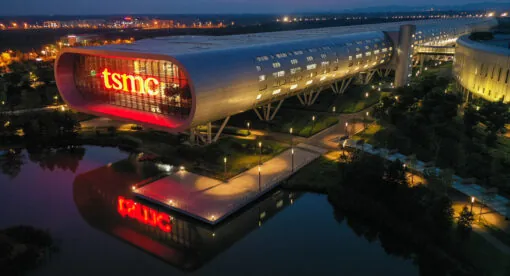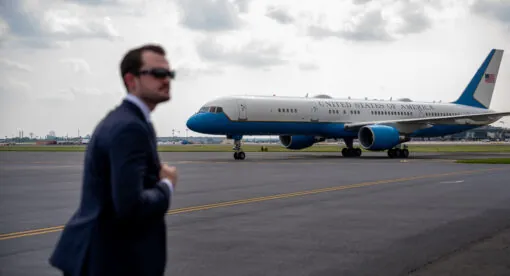After just four months in office, Iraqi Prime Minister Mustafa al-Kadhimi is already struggling under the weight of internal and external pressures. With Iran wanting to increase its sway over Baghdad and the United States using sanction threats to try to curb Tehran’s already outsized influence, Kadhimi has taken shortsighted measures to try in vain to placate both sides. Whether or not Kadhimi’s government survives the current economic, security, and health crises facing the country, one thing is clear: U.S. policy regarding Iraq needs to change.
On July 21, Iraqi Prime Minister Mustafa al-Kadhimi made Iran the destination for his first official state visit. The visit occurred amidst fraught relations following U.S. strikes in January that killed Iranian Revolutionary Guards Corps leader Qassem Soleimani and deputy commander of Iraq’s Popular Mobilization Forces (PMF) Abu Mahdi al-Muhandis. The visit marked an Iraqi effort to change the terms of a troubled relationship and compelled Iranian President Hassan Rouhani to announce a “turning point” in ties.
Kadhimi’s shuttle diplomacy campaign reflects a deep-seated, historical balancing act that Iraq is compelled to undertake between the United States and Iran. While Kadhimi has attempted to juggle divergent external demands and posture Iraq as a mediator, it has not come without consequence at home. Baghdad’s foreign policy regarding Tehran and Washington is inextricably tied to its own domestic politics: These external pressures compel its leaders to opt for short-term fixes instead of reforms that invest in the country’s long-term political economic development – a decision that comes at a cost.
Kadhimi’s Ultimate Dilemma
Kadhimi inherited an Iraq in dire straits. After nearly five months of governmental paralysis and a seemingly never-ending cycle of caretaker leaders, Kadhimi took office on May 7, 2020, as the country faced a slew of severe threats: a pandemic, an oil price war, anti-government protests, and a global economic crisis. Deepening distrust in government, low voter turnout, corruption, splintering militia groups, and slipping economic conditions situated Iraq on the brink of civil war. Upon taking the premiership, Kadhimi promised to rescue the country from its political and institutional legitimacy crisis.
Kadhimi was initially cautious of cracking down immediately on Iran-sympathetic groups, first rolling out several proposals for debt restructuring, modern banking, and reducing corruption. Nevertheless, austerity measures proved not enough to regain public confidence. Around this time, Iraq was also lobbying the United States to extend a sanctions waiver on Iranian electricity imports (which Iraq is heavily dependent on) that, in turn, ratcheted up pressure from Washington to enact hardline security reform. Iraq has an incentive to appease the United States, given Washington’s billions of dollars in military and humanitarian aid, its cooperation in security and counterterrorism sectors, and its global power status. To boost public confidence and make a positive gesture to the United States, the prime minister carried out a series of crackdowns against Shiite militias to re-establish a firm grip over Iraq’s fragmented military. Yet while Kadhimi’s attempts against Iran-supported militias have accredited him the title of an “anti-Iranian”’ reformist, he is constrained by the same predicament many of his failed predecessors faced: Iran-aligned forces’ powerful hold in Baghdad.
While Kadhimi has talked tough on Shiite militias that have undermined state interests, policy execution remains his biggest challenge. Today, the PMF overshadows Iraq’s conventional army and contains a series of semi-autonomous Shiite factions such as Asaib Ahl al-Haq, Kataib Hezbollah, and Kataib Sayyid al-Shuhada to which Iran has served as an enthusiastic patron. Iran-backed factions within the PMF are deeply embedded within Iraq’s security, political, and economic landscape. While the Islamic State’s transnational threat has diminished, the state still relies on PMF elements to counter remnants of ISIS, making disbandment out of the question. Thanks to a 2018 decree, the PMF is legally conjoined with the army and can access federal funding – a move originally intended to consolidate federal authority over militias during the fight against ISIS but which help these armed Shiite factions to increase their power.
Iran-backed factions in the PMF are also heavily engaged in informal economies that undermine Iraq’s formal economy and proposed reforms. PMF control of Iraqi transnational highways, military bases, and border patrol posts have allowed militias to assist in Iranian smuggling networks and generate independent revenue streams outside of $2.16 billion in federal funding. Iran-backed militias are also politically cushioned by the Fatah alliance in the Iraqi parliament and extensive positive media coverage among Iraq’s more than 100 outlets.
Iran may not have a monopoly over Iraq’s institutions, but its influence in Baghdad is powerful. Tehran-aligned Shiite groups play a dynamic role in exacerbating gridlock, fragmentation, and paralysis for any government wishing to create a more autonomous Iraq. Baghdad’s institutional authority over Iran-supported militias remains only on paper as the government struggles to regulate militia activity.
Kadhimi himself is partly indebted to Iranian-backed factions for his seat in power. After successfully lobbying against Washington’s perceived favorite, Adnan al-Zurfi, both Hezbollah and the Iranian Revolutionary Guards Corps’ new commander, Brig. Gen. Esmail Ghaani, played a significant role in convincing pro-Iran political factions to cast their vote for Kadhimi’s premiership. However, these factions made clear Kadhimi was not their favored candidate but the “least-worst” option in breaking the months-long paralysis in Baghdad, making support conditional on the premise that Kadhimi steer clear of interference with proxies and stick to domestic issues.
In his first days as prime minister, Kadhimi did just that, but U.S. ultimatums over sanctions waivers pressed Kadhimi to espouse a more hardline stance against pro-Iran militias, avowing to consolidate control over PMF factions and appointing security officials favored in Washington. For Tehran, Kadhimi’s attempt to undercut its influence ventures far out of bounds. Iran has begun to leverage sympathetic Iraqi political parties, creating a choke hold on all of Kadhimi’s legislative proposals from security reforms to even basic austerity measures. As a result, Kadhimi has been unable to secure public confidence, struggling to deliver any of the measures, big or small, demanded by Iraqi protesters for nearly a year.
Shortsighted Measures
Under pressure from both the United States and Iran, Kadhimi has resorted to short-term measures to balance external demands and shore up public confidence. The problem is that attempts to crack down on PMF elements only further exacerbate tensions and undercut the efforts to weaken Iranian influence. Genuine enforcement has proven increasingly challenging.
The June 25 raid on Kataib Hezbollah headquarters in a Baghdad suburb is a strong example of Kadhimi’s current strategy. Iraqi Counter Terrorism Forces stormed the facility and arrested thirteen Kataib Hezbollah fighters. However, the raid on Kataib Hezbollah was less of a “crackdown” on Iran-backed militias and more of a short-term, cosmetic move to appease the US. After days of detainment under the auspices of the PMF, the fighters were released back into the streets. Additionally, Kadhimi reportedly consulted officials in Iran for consent prior to the raid. The operation only further incited backlash among Iran-supported groups. Kataib Hezbollah militants took to the streets, trampling on posters of the prime minister, and carried out sieges to Iraqi Counter Terrorism Service buildings within Baghdad’s fortified Green Zone.
Since the raid, Kadhimi and his circle have been threatened with retaliation on nearly a daily basis. Kataib Hezbollah and Asaib al-Haq leaders have condemned Kadhimi and warned his government against interfering in security affairs. Kataib Hezbollah even directed a column of 30 vehicles equipped with a 23-millimeter aircraft cannon to encircle the prime minister’s residence. One threat was acted upon on June 6, when suspected Iran-backed militants murdered Husham al-Hashimi, one of Iraq’s top security analysts and adviser to the prime minister, just outside of his home in Baghdad. Kataib Hezbollah’s message was clear: if Baghdad threatened the autonomy of Shiite militias, no one was safe.
Iraq’s premiership is, once again, at risk of unraveling. Kadhimi is boxed in by political gridlock, Iranian influence, and stringent demands on Iraq’s security sector. While there is an urgency for financial reform amidst the pandemic and faltering economy, the government has resorted to quick shows of force against Iran-backed militias to build institutional legitimacy and political momentum. As a result, legislative measures for promoting Iraq’s long-term sovereignty, such as financial reform or anti-corruption laws, have been on hold.
Iraqis have noticed. Renewed anti-government demonstrations have erupted in Baghdad and southern Iraqi provinces over lack of effective governance and slowed reforms. To make matters worse, two demonstrators were killed by security forces on July 26, something Kadhimi has tried to disassociate from by stating forces were not authorized to fire “a single bullet” and initiating a government probe into the incident. As public anger mounts, Iraqi security institutions fragment, and the economy tanks, Kadhimi will struggle to retain the little credibility he has. The cards are stacking against Iraq’s prime minister, setting him up for the failure his predecessors faced before him.
Resetting U.S. Policy in Iraq
Iraq’s balancing act is no zero-sum game. Geography, history, and a $9 billion trade relationship dictate that Iranian influence is not going anywhere, and Iraq, the United States, and regional allies can only help mitigate the size and scope of its foothold in the country. Because of this, a U.S. strategy based on compelling Iraq to choose between Iran or the West is nonsensical. Adopting a successful strategy is grounded not only in shifting current U.S. priorities but also in re-configuring the U.S. outlook in Iraq in its entirety.
Whether Kadhimi will stay or go tomorrow, the policy needs a reset. The current U.S. strategy of exerting overwhelming economic and diplomatic pressure on Baghdad to immediately undercut Iran’s political, economic, and security influence in Iraq under the threat of paralyzing sanctions is counterproductive. This pressure on Iraq has resulted in cosmetic, desultory attempts against Iranian proxies — short-term fixes that have only incited militia retaliation and instability that has cost Iraqi lives. It is simply not a sustainable long-term strategy. The United States’ goal should be to strengthen the Iraqi state — enabling it to stand on its own two feet. This strategy cannot be accomplished through punitive transactionalism or co-opting the U.S.-Iraqi relationship as a counterweight against Iran but by investing in Iraq’s infrastructure, onshore and offshore energy, factions of the Iraqi army loyal to the government, and political economy as a means for long-term independence.
Caroline Rose is a Senior Analyst and Head of the Strategic Vacuums program in the Human Security unit at the Newlines Institute. Her commentary and work on geopolitics and Middle Eastern affairs have been featured in Foreign Policy, The Independent, Alhurra, Limes Magazine, and the Atlantic Council’s MENASource. You can follow her on Twitter at @CarolineRose8.
The views expressed in this article are those of the author and not an official policy or position of the Newlines Institute.

